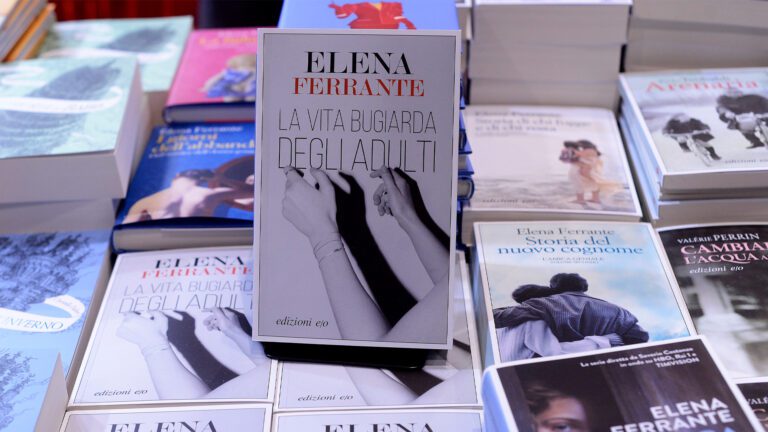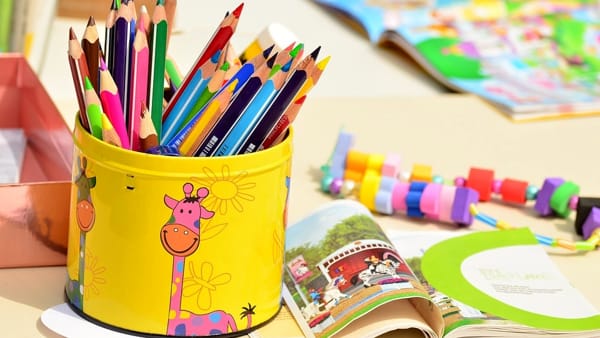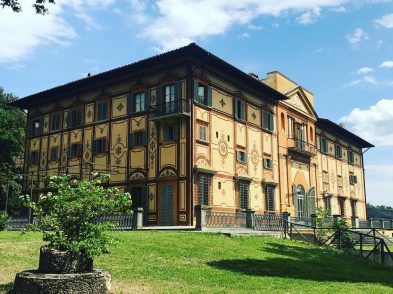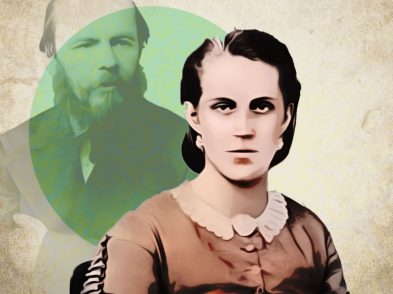If there’s one thing that being on maternity leave has given me (other than time with my baby, of course), it’s time to read. When I’m not changing diapers or rocking my daughter to sleep, you’ll catch me with a book in hand as I am determined to work through my extensive to-be-read list before I return to work. If you are a serial book collector and reader, like I am, then you will undoubtedly have a long series of titles that have been sitting on your bookshelf for months (years?) and that, for one reason or another, are always placed on the backburner. In my case, that was especially true for contemporary Italian writers, who oftentimes simply did not spark enough interest for me to pick up the book and delve into it. However, despite my long-lasting love for Italian classics, I promised myself that I would read more contemporary authors to see what their work is all about. If you find yourself in the same predicament and keep wondering if you should buy that book when you walk into your favorite bookstore, take a leap of faith, and see what the following writers have to offer. Here is a list of five authors whom I have greatly enjoyed over the past few months.

Andrea Camilleri
Mostly known for bringing to life the famous Commissario Montalbano (later interpreted by Luca Zingaretti in the homonymous TV show), Andrea Camilleri’s novels and short stories came as a wonderful surprise. After reading La gita a Tindari (2000), a short, witty detective novel that takes place in Sicily, I was hooked and have now read several of his works. What I most appreciated about the novel is the language Camilleri uses, a perfect mix between Italian and the Sicilian dialect. So, if you can read it in Italian, I highly recommend doing so.
Chiara Gamberale
Chiara Gamberale is one of Italy’s up-and-coming authors who has already won several accolades. Her first novel, Una vita sottile (published when the author was only 22 years old, in 1999), was a wide success, so much so that her works are now published in over 15 countries. My first approach with the author, however, came with one of her best-selling novels, La zona cieca (2008), followed by Il grembo paterno (2021). Her works bring to life the fragilities of modern living and give center stage to the many psychological aspects that guide our everyday actions and emotions.
Tiziano Terzani
Tiziano Terzani, a Florentine author, is perhaps the writer who pushed me further away from my reading comfort zone. I approached him through his novel Un indovino mi disse (1995), published after his largely acclaimed first novel Buonanotte, Signor Lenin (1992). In Un indovino mi disse, Terzani takes us with him on his travels through South East Asia in the early 1990s, describing the lifestyle, customs and cultures encountered along the way. The common thread of his travels, which also marks the beginning and end of the novel, is his interaction with fortune tellers in each country (or city) he visits. His novels are slow-paced, yet full of anecdotes, and truly allow the reader to absorb the stories that are being told.
Stefania Auci
Stefania Auci became critically acclaimed in Italy after publishing her first novel, I leoni di Sicilia in 2019, followed by its sequel, L’inverno dei leoni in 2021. To say that I tore through the books would be an understatement. Both novels focus on the life of the Florio family in Sicily, who became one of the most prominent merchant and entrepreneurial families in Italy and Europe during the 1800s. However, these novels are not a mere biography. Alongside the personal stories of the Florio clan, we also learn about history, politics, fashion and commerce, all of which influenced the rise and fall of this prominent Sicilian family.
Elena Ferrante
Last, but not least, Elena Ferrante, one of Italy’s most praised contemporary authors. After her widely acclaimed tetralogy L’amica geniale, which I highly recommend, captured readers around the world, Elena Ferrante enchants her public once again with her latest novel, La vita bugiarda degli adulti (which recently debuted as a Netflix series), published in 2019. Naples sets the stage for this dichotic work, where class divisions, deteriorated family relationships and adolescent trauma are brought out into the open. In line with her other novels, her style is direct and easy to follow, sprinkled with words in the Neapolitan dialect.








